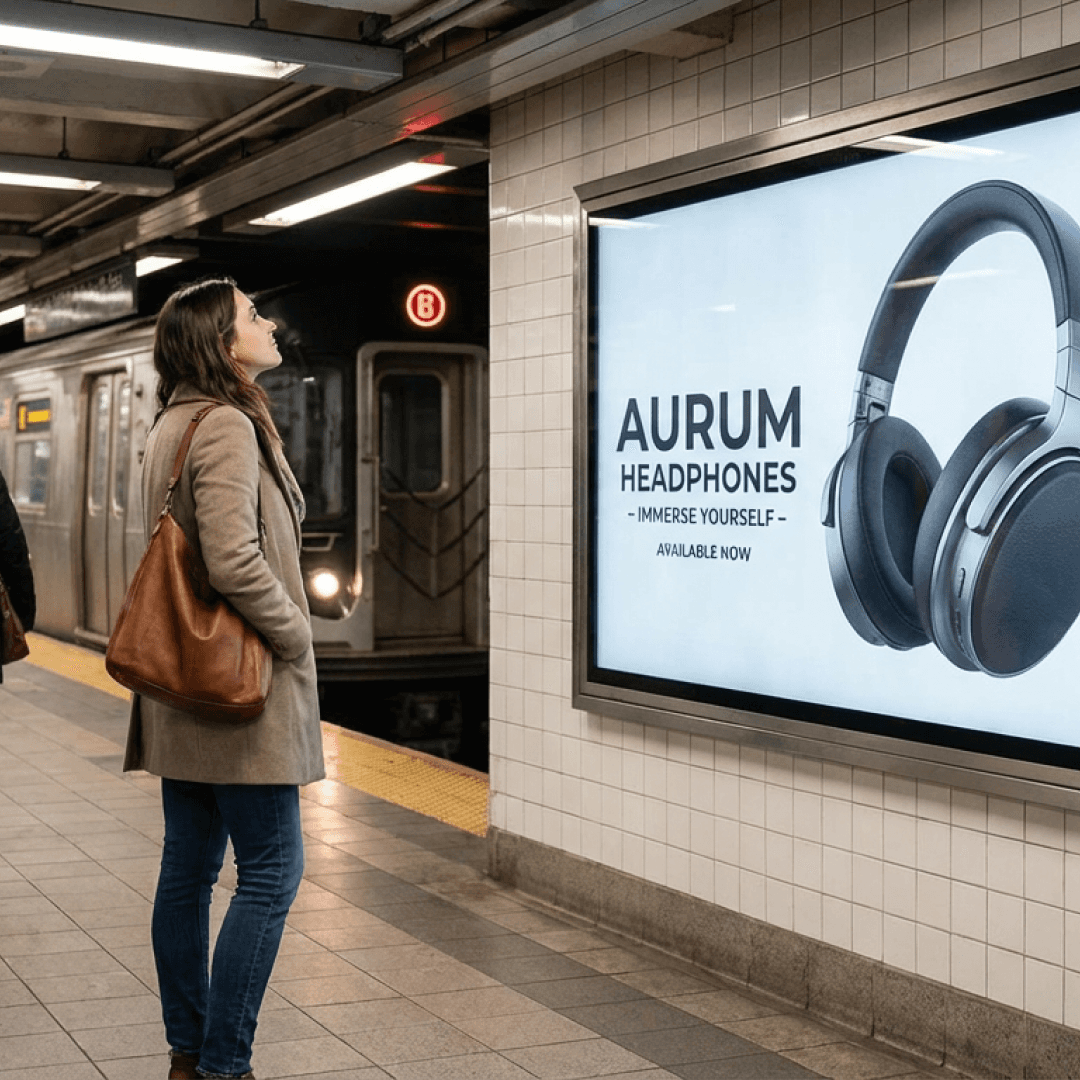Artificial intelligence has become the new engine of digital marketing. According to the 2024 State of Marketing AI Report, 99% of marketers already use AI in some form, and more than a third rely on it daily. The number of professionals who say they “couldn’t live without AI” more than doubled from the previous year, signaling that AI has moved beyond experimentation and into everyday workflows. Confidence is also rising: 61% of marketers now report an intermediate understanding of AI, up from 54% just one year earlier.
This widespread adoption reflects a deeper transformation. For decades, performance marketing dominated the industry, offering measurable results and optimization opportunities at scale. However, with third-party cookies disappearing, privacy regulations tightening, and AI-powered search altering how people discover information, performance marketing is losing ground on its own. In this new environment, brand building is no longer optional: it is the foundation of relevance, trust, and long-term growth.
AI is transforming how brands engage with audiences, manage their brand identity, and develop advertising strategies. From hyper-personalized campaigns to AI-assisted copywriting and optimization of social media posts, marketers are discovering how to use AI to streamline processes and deliver brand experiences that are more consistent, high-quality, and on-brand than ever before.
What Makes Brand Building Different in the Age of AI
Brand building has always relied on consistency, clear brand guidelines, recognizable brand elements, and a strong brand voice that resonates with the target audience. What makes today different is how AI-powered tools influence every stage of brand advertising.
In the past, advertising strategies were largely reactive, optimized after campaigns had already run. Now, AI branding systems enable marketers to understand consumer behavior and adjust in real-time. AI-assisted platforms can help marketers analyze brand assets and audience data, ensuring that campaigns remain aligned with brand positioning while adapting messaging to multiple touchpoints. A brand strategist can use AI not to invent a logo or visual identity, but to amplify brand advertising across digital channels, reinforcing recognition while ensuring optimization of each format.
For example, copywriting tasks that were once done manually can now be enhanced through automation, producing consistent social media posts, newsletters, and ad copy that accurately reflect a company’s brand identity. This allows advertising campaigns to remain on-brand while adapting to shifting digital marketing dynamics.
Privacy Regulations and the Decline of Performance-Dependent Marketing Strategies
The decline of performance-only strategies is directly tied to the growing influence of privacy. With the depreciation of third-party cookies and stricter global regulations, advertisers no longer have access to some of the granular, individual data that once fueled highly targeted campaigns. As a result, relying solely on short-term sales activation tactics is no longer a sustainable approach.
Instead of solely chasing clicks, brands must focus on cultivating brand loyalty and brand equity through recognizable brand elements, strong brand positioning, and a coherent brand voice. AI can enhance analytics and identify broad and specific audience patterns without breaching privacy laws, ensuring marketing strategies are both ethical and effective.
In practice, this means advertisers need to treat performance metrics as one piece of the puzzle, not the entire playbook. Successful marketing strategies now strike a balance between SEO, automation, and personalization. By using AI tools to align campaigns with their brand identity, companies can remain discoverable in a cookieless world while building lasting relationships with their audiences.
How AI Can Hyperpersonalize Brand Advertising
One of AI’s most valuable contributions to advertising is hyperpersonalization. Traditional campaigns often relied on generic messaging designed for broad audiences. Today, AI can use audience data to assist in creating tailored content experiences at every stage of the customer journey.
Persona building, once a time-consuming task, can now be refined through AI-assisted analysis of audience behaviors. This enables brands to design customized campaigns that speak directly to their target audience while maintaining a consistent on-brand identity. From social media posts on LinkedIn to programmatic ad buys, AI ensures that each touchpoint delivers relevant, high-quality content.
Virtual assistants further extend these efforts by providing on-brand, AI-generated interactions that reinforce brand loyalty. For example, customer queries handled by AI systems can be designed with the same brand voice and tone that appears in other brand experiences, ensuring seamless continuity. This ability to use AI for consistency across digital marketing channels creates trust while amplifying the impact of every campaign.
The real opportunity lies in scaling these capabilities. Instead of producing one-size-fits-all content, marketers can deliver thousands of variations of social media ads, landing pages, or product descriptions tailored to specific audiences. Each is optimized for a different persona but remains true to the brand's identity, guidelines, and positioning. Hyperpersonalization, when executed with care, turns advertising from noise into meaningful brand touchpoints.
Ethics, Trust, and Transparency
As AI becomes central to advertising, ethics can no longer be an afterthought. Consumers are becoming increasingly aware that much of the content they engage with is generated by AI. This makes transparency not only a compliance issue but also a brand element in its own right.
Brands that openly disclose their use of AI in advertising strengthen trust and credibility. For example, being transparent about AI-assisted copywriting or automated optimization demonstrates respect for the audience. Treating automation as an enhancer of human creativity rather than a replacement reassures consumers that the brand remains authentic.
Ethical advertising also requires awareness of potential bias in AI systems. By establishing brand guidelines for the ethical use of AI, marketers can make their commitment to fairness and transparency a visible part of their brand identity. In this way, a company’s stance on AI ethics becomes a defining factor in brand positioning, an integral aspect of modern brand building.
Turning AI Into Certainty
Brand advertising has always been powerful and necessary, but without precision, it’s like aiming in the dark. The future lies in combining creativity with data-driven accuracy. Agility’s approach to precision brand advertising ensures that every campaign is not only innovative but also measurable, efficient, and aligned with your business goals.
We harness AI to cut through the clutter, gain a deeper understanding of your audiences, and deliver strategies that actually move the needle. This ensures ads aren’t wasted, but instead used to create clarity, connection, and growth.
The world of advertising is changing rapidly, but with Agility, you can be confident that your brand is leading the way. Get started using precision brand advertising with Agility today
FAQs
How does AI impact brand consistency?
AI can help maintain brand consistency by automating tasks such as social media posts and SEO optimization, ensuring that the output aligns with brand guidelines and voice. This creates unified brand experiences across digital marketing channels.
Is AI replacing creative work in advertising?
No. AI-generated content supports efficiency and personalization, but the role of the brand strategist remains critical. Human creativity defines storytelling, emotional connection, and brand positioning, while AI provides automation and optimization.
How does AI support SEO and social media marketing?
AI enhances SEO by identifying high-quality keywords, analyzing search intent, and generating optimized copy that meets user needs. On social media platforms like LinkedIn, AI can recommend the best times to post, analyze engagement, and ensure social media posts remain on-brand and relevant to the target audience.
Share in...





